It is now more important than ever to eat a healthy diet and maintain a robust immune system. You will be shielded from germs and viruses that wish to proliferate in your body. Your immune system repels them and keeps them out of your body. In the event that you do become ill, the consequences will be minor, and the recovery time will be much shorter.
Each year, millions of dollars go to medication and hospitalization due to lifestyle diseases. The most common of these include heart disease, obesity and type 2 diabetes.
For example, royals and monarchs used to be more prone to gout because they could afford to eat luxuriant foods and lead sedentary lifestyles. However, the situation has changed, and now both the middle class and the poor are affected by lifestyle diseases. Because of their job, they must spend a lot of time sitting in front of computers. Rich-tasting processed food is now mass-produced at low prices and is the main source of nutrition for many households.
Due to poor eating habits, lifestyle diseases that were previously only diagnosed in wealthy individuals are now a major global health concern. Today’s wealthy individuals can afford to purchase fresh produce, fruits, and herbal supplements. They have the resources and money to join a gym and organize outdoor recreational activities.
But the quest to maintain a healthy diet need not be an economic struggle. You would be surprised to know that some of the healthiest foods on the planet, also known as superfoods, are easily accessible in your local markets and groceries. These foods are packed with nutrients that prevent cardiovascular diseases, hypertension, regulates blood sugar levels and antioxidants to fight cancer.
That being said, here are 30 of the healthiest foods to eat that you should always try to have in your kitchen:
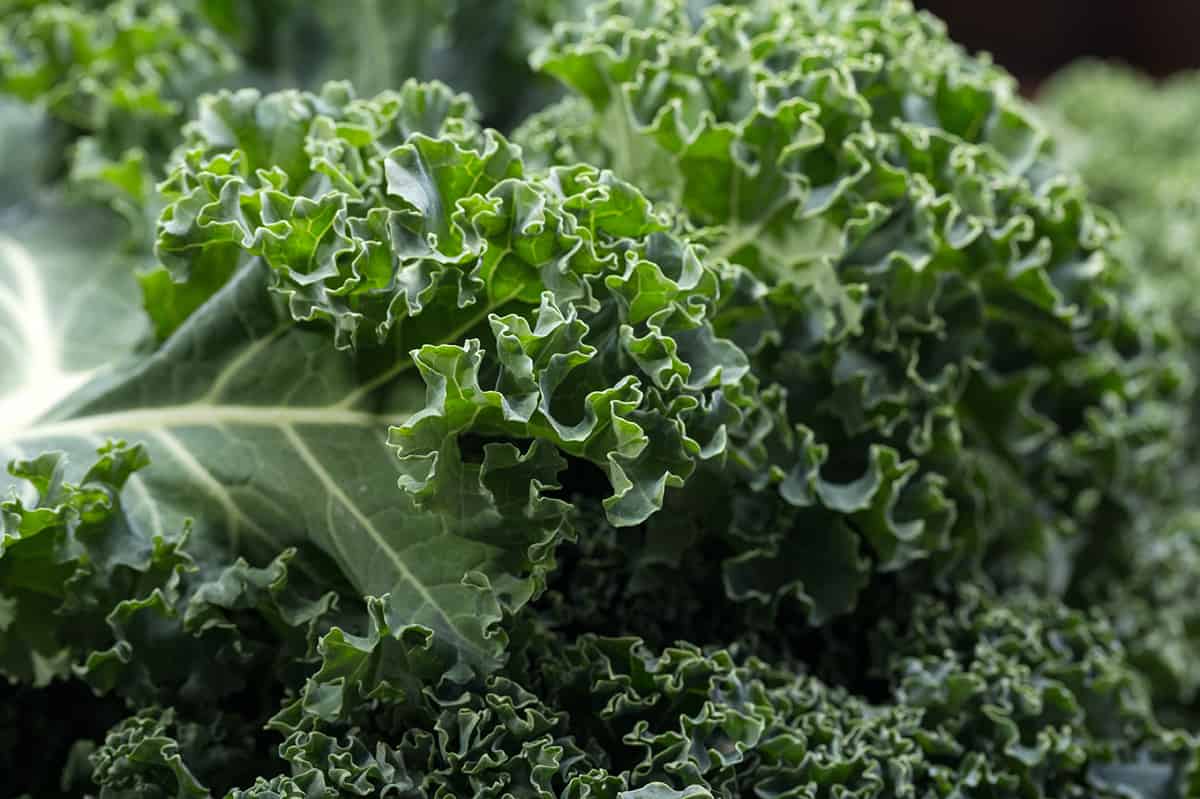
1. Kale
Kale is labelled as a superfood and one of the most nutritious. Kale is mostly eaten raw mixed in salads, added to smoothies and in soups. Kale contains more iron than beef and more calcium than milk. It is loaded with vitamins A, K and C, fiber and antioxidants.
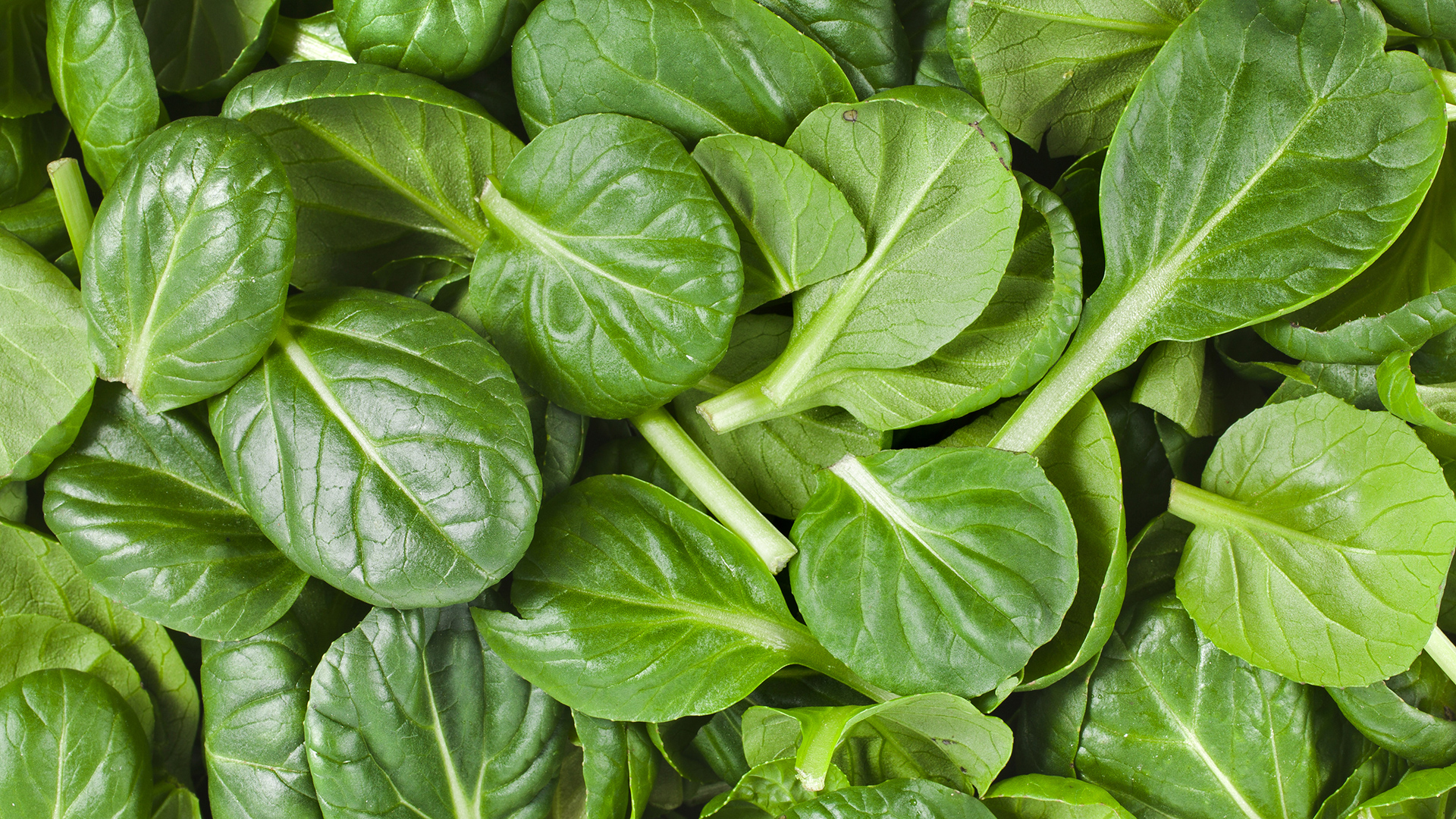
2. Spinach
Spinach is rich in vitamin A, C and K1 which is essential for blood clotting. It is high in folate which is very important for pregnant women for the growing baby’s brain development. It contains lutein and zeaxanthin which helps prevent eye macular degeneration and cataract. With regular consumption, spinach can lower blood pressure and prevent cancer growth. Studies have shown that it can help slow down the growth of cervical tumors and even prevent breast cancer.

3. Seaweed
Seaweed, whether fresh or dried, has numerous health benefits. It is often included in many Asian dishes. Dried seaweeds like nori, wakambe and kombu are known to be used in sushi rolls, soups and ramen. The fresh kinds are often added in salads and smoothies.
Seaweeds contain tyrosine and iodine which helps support proper thyroid functions. It contains a wide range of antioxidants to protect the body from cell damage. It helps prevent cardiovascular disease, regulates blood sugar levels.

4. Broccoli
If you’re into eating healthy for beauty, then it’s time to start adding broccoli to your menu as often as you can. Studies have shown that the bioactive compounds in broccoli help protect against UV damage and skin cancer. Half a cup of broccoli provides your daily recommended intake of Vitamin C which is good for the skin and helps boost immune system. Broccoli also contains sulforaphane, a bioactive compound that helps slow down the biochemical process of aging in the body. And if you want healthy pearly whites, there are claims that eating raw broccoli helps remove plaque and whitens teeth.
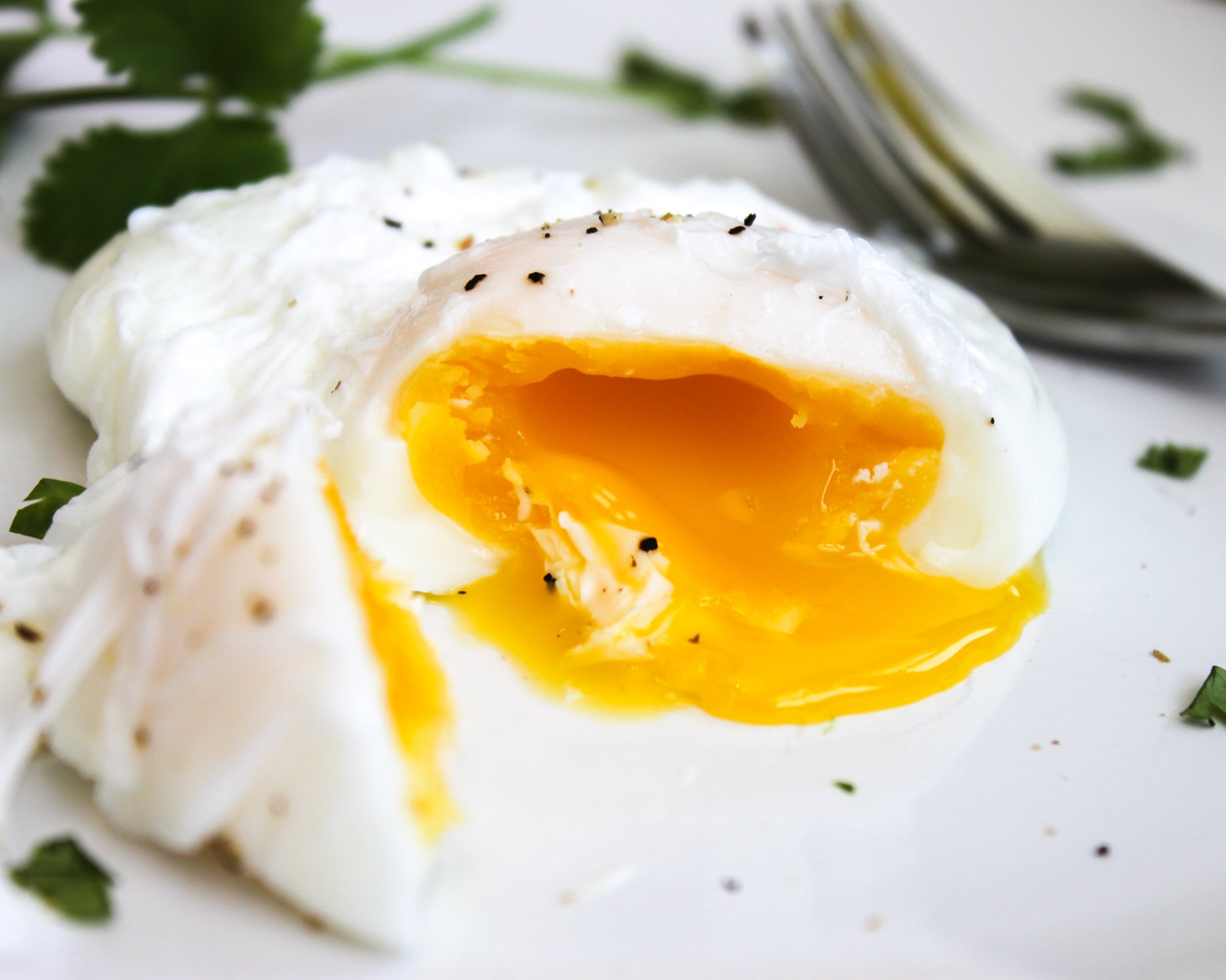
5. Eggs
Eggs are a staple in every kitchen but not many people know just how valuable it is to one’s health. It is one of the best sources of high-quality protein. It is packed with nutrients such as choline, selenium, phosphorous, iron and vitamins A and B. Eggs also contain lutein and zeaxanthin which protects from vision loss and improves overall eye health.
Although there has been a long time debate on whether or not egg consumption is actually healthy due to its high cholesterol content, experts recommend that eating 6-12 pieces stretched out over a week is enough to meet your recommended dietary needs.

6. Moringa
The moringa leaf is an excellent source of minerals and nutrients. It is said to contain more calcium than milk and more vitamin C than citrus fruits. It is packed with antioxidants, helps lower blood pressure levels, and protects against heart disease and type 2 diabetes.

7. Chickpeas
Chickpeas, the yellow bean also known as garbanzo, is a rich source of gut-friendly fiber and high quality protein. Chickpeas help reduce bad bacteria found in the intestines and improve bowel movement. It is especially beneficial in regulating blood sugar levels and insulin sensitivity, making it an excellent food of choice for diabetics.

8. Walnuts
Walnuts contain the highest antioxidant activity compared to other types of nuts. It fights damage due to bad LDL cholesterol. It is an excellent source of Omega-3 fatty acids that prevents heart disease. Most men would benefit from snacking on walnuts as it helps with male reproductive health and supports good physical functioning. Chopped walnuts can be added to salads, bread, oatmeal, stir-fry recipes or added to mixed nuts trail mix.

9. Almonds
Almonds are great healthy snacks for those who are most prone to cardiovascular diseases. It is rich in magnesium which helps lower blood pressure levels and improves brain health. The skin in almonds is a rich source of polyphenol antioxidants that helps lower oxidized LDL cholesterol.
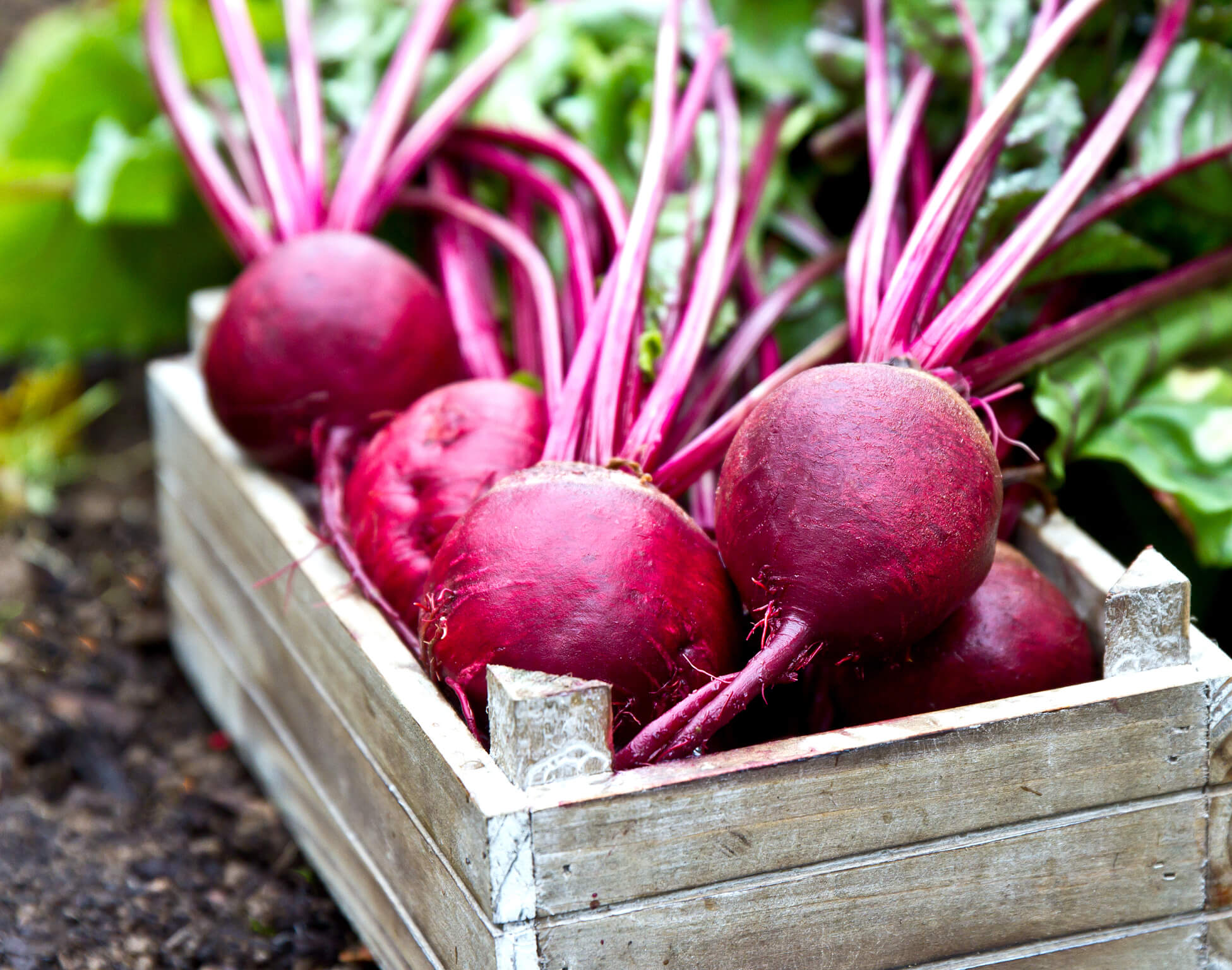
10. Beets
Athletes and those who are physically active would benefit greatly from eating beets. It helps in weight management because it is low in calories and high in water content, making you feel full for longer periods. Studies have also shown that eating beets can help with athletic performance by stimulating the cells to provide more energy and improving oxygen use in the body.

11. Avocado
Avocados are a staple in almost any healthy diet recipe for many reasons. It is jammed pack with nutrients such as magnesium, potassium, folate, niacin, riboflavin, and vitamins B, K, C and E. It is one of the most recommended food for pregnant women because it contains all the nutrients a developing baby needs as well as prevent miscarriage and neural tube defects. It is high in good fat that is beneficial for cardiovascular health. It lowers the risk of depression, improves digestion, and reduces the risks of osteoporosis and cancer.

12. Bananas
Bananas are an excellent source of soluble fiber which helps regulate cholesterol and blood sugar levels. It is rich in potassium which is necessary for a healthy kidney function. In fact, studies suggest that eating bananas several times a week can help reduce the risk of kidney disease by 50%. It contains other essential nutrients and minerals such as manganese, copper, fiber, magnesium and vitamins C and B6.

13. Blueberries
Blueberries are packed with antioxidants that helps slow the signs of aging. It helps reduce age-related wrinkles and improve eyesight. Regular consumption of blueberries helps lower blood pressure, prevent cancer, manage weight, improve memory and keep bones strong.

14. Lemons
Lemons contain high amounts of Vitamin C that supports heart health and reduces blood cholesterol levels. Many people also use lemon water for weight management because its soluble pectin fiber helps you feel full longer. It is also a choice natural remedy for people who have kidney stones as the citric acid helps prevent stone formation. Lemons can also help prevent iron deficiency anemia by helping the body absorb iron from plant foods more efficiently.

15. Salmon
Salmon is packed with Omega-3 fatty acid that helps with cardiovascular health and improved brain function. It is a healthy source of high-quality protein that helps the body heal after injuries, maintain strong bones and maintain muscle mass during aging process. It is an excellent source of B-vitamins for proper brain and nervous system functioning.

16. Sardines
Sardines contain as much Omega-3 as salmon and has less mercury contamination compared to other fish. It contains riboflavin that helps curb migraines and prevents cataract. The niacin in sardines also helps lower the risk of having Alzheimer’s disease and help those who suffer from arthritis.

17. Tuna
Tuna contains the top 3 immune system boosters – zinc, selenium and Vitamin C. The antioxidants in tuna fight the free radicals which can cause diseases and cancer. It is also a rich source of Vitamin B which helps improve blood circulation and oxidation of the body organs. A study also reveals that eating a serving of tuna a few times a week can help curb depression.

18. Shrimp
The composition of shrimp is mostly water and protein. It is low in carb and calories so it’s a great choice for those on a healthy diet. It contains the antioxidant astaxanthin which helps protect against sun damage and prevent skin wrinkles. Although eating too much is said to be risky because of the allegedly high amount of cholesterol shrimp, studies have shown that it is the saturated fat in the diet that actually raises the cholesterol levels.

19. Ginger
Ginger has very powerful anti-inflammatory and antibacterial properties. It can aid in the relief of many pains including menstrual cramps, headaches, and abdominal pains. When it comes to age-related cognitive decline such as Alzheimer’s disease, studies have shown that the antioxidant compounds in ginger can help reduce risk factors for these types of diseases and improve brain function.

20. Turmeric
Turmeric is a very strong immune system booster. The anti-inflammatory properties of turmeric make it a very handy relief for those suffering from arthritis. Long-term consumption of turmeric can help reduce the risk of cancer and Alzheimer’s disease. This yellow ginger can be used fresh or dried and powdered form. It is taken as a tea, supplement or to add tint to dishes because of its very strong yellow color.
21. Yogurt
Anyone who is suffering from any abdominal and gastrointestinal problems should start including yogurt to their diet. It contains probiotics that is very beneficial for digestive health. It is very rich in key nutrients that can help prevent osteoporosis, which includes calcium, potassium, protein phosphorus and Vitamin D.
22. Potatoes
Potatoes have gained less popularity for quite some time now because of the rising interest in low-carbohydrate diets and its association to commercial French fries that has been linked to heart disease. However, it is time to bring back the humble potato’s old glory as a staple food served in many dining tables. The trick with potatoes is to use them in a variety of dishes instead of just turning them into French fries and chips with all the saturated fat.
You may have been missing out on the fact that potatoes are a natural source of iron, phosphorus, zinc, calcium and magnesium, all of which contributes to optimum bone health. It is also high in potassium which helps decrease blood pressure naturally. It helps reduce the risk of cancer, promote healthy digestion, improves memory, strengthen muscle movement and educe the risk of cancer.

23. Garlic
Garlic has been used for centuries for medicinal purposes. It contains a powerful compound that is more effective than antibiotics in fighting bacteria that causes intestinal infections. It helps promote heart health by reducing blood pressure and cholesterol levels.

24. Green tea
Green tea contains the antioxidant catechins that helps prevent cell damage. Drinking green tea regularly helps lower cholesterol, improve blood flow, high blood pressure and even prevent cognitive heart failure.
25. Cabbage
There are different types of cabbage but all of them are very nutritious. It is a rich source of fiber, potassium, calcium and magnesium. It also contains Vitamin C, antioxidants, niacin, thiamine and folate. Cabbage can help treat constipation and prevent jaundice, scurvy, eczema, headache, stomach ulcers and obesity.

26. Cucumber
Cucumbers are low in calories but very high in nutrients and minerals such as manganese, fiber, magnesium, potassium, protein, fiber and vitamins K and C. It promotes hydration because it is composed of 96% water that can help meet a person’s daily fluid needs. It helps promote weight loss, lower blood sugar levels, regulate bowel movement and fights harmful free radicals to reduce the risk of chronic developing diseases.
27. Chia seeds
Chia seeds contain zinc, calcium, potassium, calcium, manganese, phosphorus, fiber, protein and B vitamins. It contains antioxidants that fight harmful free radicals, slows down aging process and lowers the risk of cancers. It is also popularly used for weight management because of its high fiber and protein content.
Chia seeds are probably one of the most versatile healthy foods because it can be added to literally anything. Soak it overnight in water and drink , or top it on oatmeal, add to cereals, or make a pudding.

28. Spirulina
Spirulina is a type of algae that contains numerous health benefits. It is often bought in its powdered form. The green color is due to the chlorophyll. Spirulina is rich in B vitamins, copper, iron and protein. It is a powerful antioxidant which helps slow down the aging process and helps reduce sun damage on the skin.
29. Quinoa
Quinoa is currently being seen as a healthier alternative to rice, especially for those who are into low-carbohydrate diets. It is high in protein, gluten-free and contains 9 essential amino acids. It is high in fiber, B vitamins, potassium, calcium phosphorus and various antioxidants. It is low in glycemic index, which is good for controlling blood sugar levels, an ideal alternative to rice and bread for those with diabetes.

30. Cacao
Pure organic cacao contains 40 times more antioxidants than blueberries. It is the highest plant-based source for essential iron. It contains more calcium than cow’s milk. Cacao is often used in desserts and chocolates but it is important to note that only pure cacao and dark chocolates will give these benefits. Commercial made chocolates already contains refined sugar which is the leading cause of diabetes, obesity and a trigger for many other chronic diseases. You can also opt for healthier sugar alternatives.
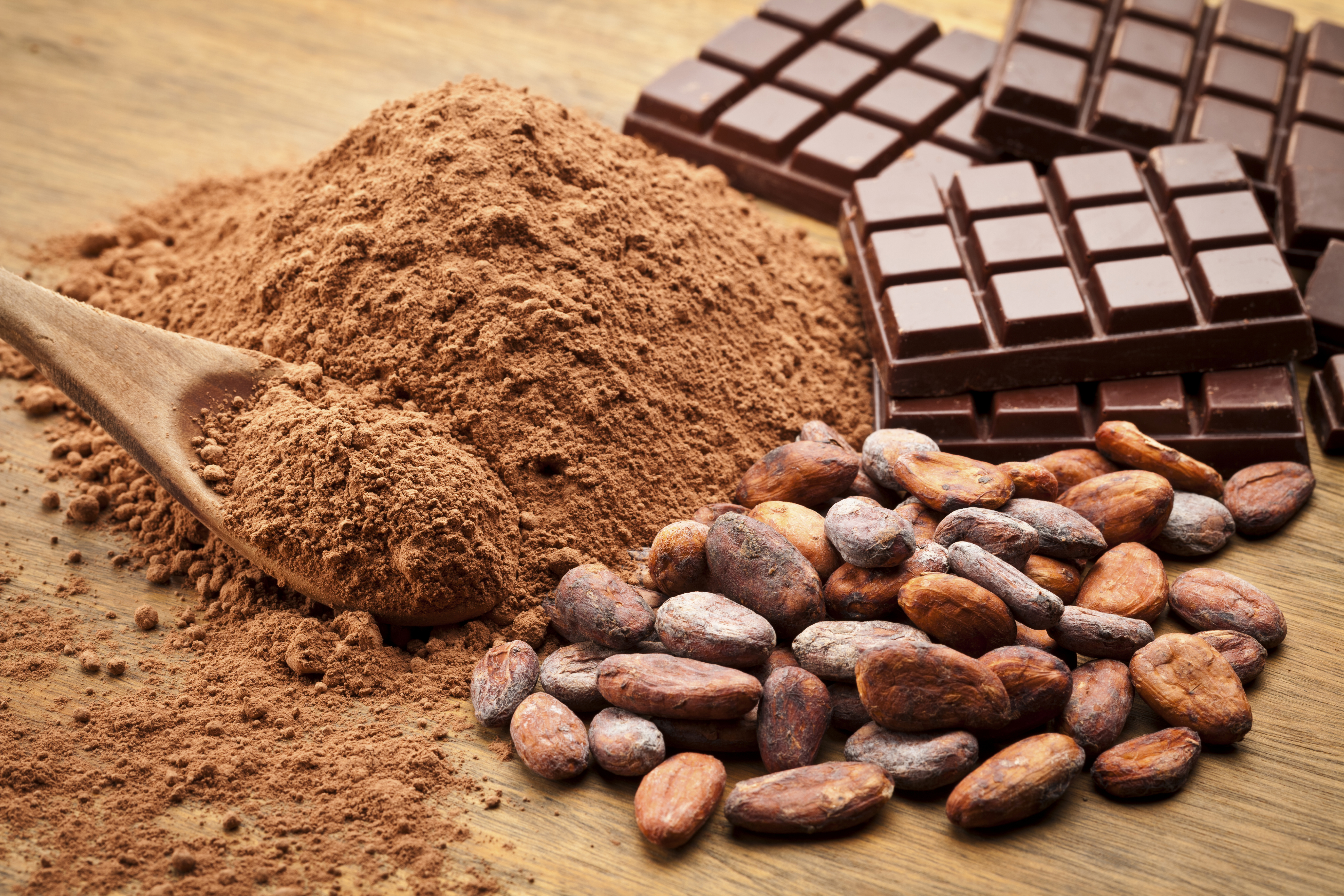
Prevention is king and food is medicine. These pantry staples should be your medicine cabinet, your first line of defence against sickness. Eat healthy foods that are minimally processed in order to maximize the food’s nutrient content.
Eat foods that are uncooked or minimally cooked so as not to lose the food’s nutritional value. Vitamins B and C are often lost when food is boiled and the water is thrown away. Vitamin A is lost when food is cooked in fats. More vitamins and minerals are retained when food is steamed.
If you compare us to other animals, we are the only creatures who cook food because cooked food has the taste of abundance. But it also means that we add so many unhealthy substances like sugar, saturated oil, salt and additives and chemicals. To get the most nutrients out of your food, it is important to know that food’s nutritional value breaks down the moment it is cut, until it is cooked. The less process it undergoes, the more nutritious your food is.
The Balance In What You Eat
For optimum health, superfoods can be very beneficial. However, as the adage goes, no one should consume too much of anything. For instance, excessive consumption of kale can prevent the thyroid from functioning properly. Other grains and legumes, including moringa, also contain antinutrients that may interfere with the body’s ability to properly absorb nutrients and protein. To increase their nutritional value, some beans and legumes are soaked in water overnight before being consumed. Due to their high acidity, lemons can make acid reflux and heartburn symptoms worse when consumed in excess.
The secret? Balance everything you eat! The best way for the body to absorb nutrients is to eat a variety of healthy foods in order to maintain a balanced diet. Eating the right food now will help your body heal and you will reap the rewards soon enough.
I’d love to hear food ideas you have that you prep at home! Please leave your ideas and other nutrition advice under comments! Keep the conversation going on health and wellness! May the #FIERCE be with you!
